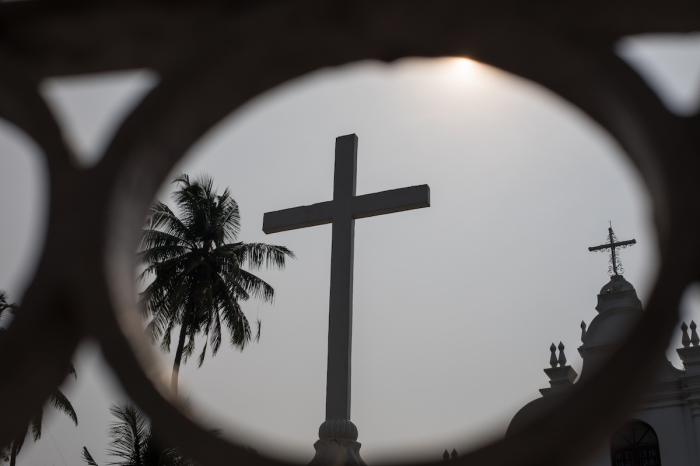
The Uttarakhand Cabinet last Wednesday approved the Freedom of Religion (Amendment) Bill 2025, introducing some of the harshest penalties in India for “forced religious conversion,” including sentences ranging from three years to life imprisonment.
Chief Minister Pushkar Singh Dhami chaired the Aug. 13 cabinet meeting that cleared the legislation, which will be tabled in the three-day monsoon session of the state assembly that began Tuesday. The ruling BJP holds a comfortable majority in the assembly.
The amendment significantly increases penalties from the current maximum of 10 years imprisonment and a $575 fine. Under the new provisions, general cases of forced conversion will attract three to 10 years imprisonment with $575 fine.
Cases involving minors, women, scheduled castes, scheduled tribes, disabled or mentally challenged persons will carry five to 14 years imprisonment and at least $11,500. Mass conversions will attract seven to 14 years imprisonment, while conversions with foreign or external funding will result in a seven to 14-year jail term and at least $11,500 fine.
The most stringent punishment of 20 years to life imprisonment and at least $11,500 fine applies to conversions using force, threat, inducement, trafficking or promise of marriage. Those concealing their religion for marriage purposes face three to 10 years imprisonment and a nearly $3,500 fine.
The bill expands the definition of “allurement” to include “any gift, gratification, easy money or material benefit, whether in cash or kind, employment, or by invoking divine displeasure”. Officials said promises of a better life and free education in religious institutions would also constitute allurement.
Additionally, “portraying the practices, rituals and ceremonies of any religion or any integral part thereof in a prejudicial manner in relation to any other religion; or glorifying one religion as against another will also be considered allurement,” an official said.
“Speaking ill of one religion and praising another, and propaganda on social or digital media would also be considered participation in religious conversion,” an official involved in framing the bill said.
The legislation introduces tougher enforcement measures. All offences become cognizable and non-bailable, triable only in sessions courts. Police can arrest without warrants, while bail will be granted only if courts are convinced of the accused’s innocence and the likelihood of not reoffending.
District magistrates receive sweeping powers to confiscate properties “acquired from a crime related to religious conversion” even before court cognisance. They can appoint administrators to manage seized property with police assistance if required.
The bill provides free legal aid, accommodation, maintenance, medical facilities and other support for victims of forcible conversions, whose identities will remain confidential. A special government scheme ensures immediate help for victims.
Chief Minister Dhami described the amendment as “a major step to protect the social fabric of our Himalayan state,” stating that “Uttarakhand is Devbhoomi, the land of Gods. In recent years, there have been demographic changes under the guise of illegal conversions.”
The Freedom of Religion Act was originally introduced in Uttarakhand in 2018 and first amended in 2022. The current amendment represents the state government’s effort to strengthen provisions against what it terms illegal religious conversions while maintaining social harmony.
This article was originally published by Christian Today India.
Christian Today is an independent and inter-denominational Christian media company that serves churches worldwide with the latest Christian news. It has editions in India, Australia and the United Kingdom.














